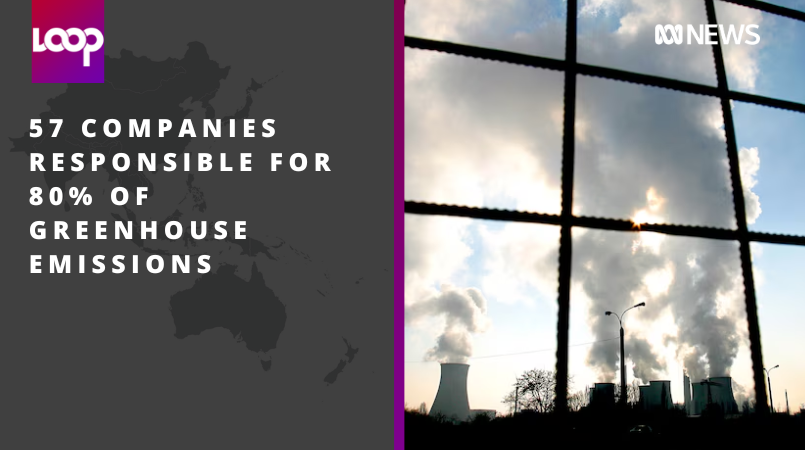
Most fossil fuel companies have produced more emissions in the seven years since the Paris Agreement was signed than the seven years before the major climate pact, a new report reveals.
It found that 80 per cent of the fossil fuel and cement emissions since the Paris Agreement have come from just 57 producers.
State-owned oil producer Saudi Aramco has produced the most carbon emissions since the Paris Agreement, making up 4.8 per cent of global emissions.
The aim of the Paris Agreement forged in 2015 is for all countries to reduce their greenhouse gas emissions to keep global warming to at least 1.5 degrees.
The report is released by UK non-for-profit think tank InfluenceMap, which focuses on climate risks and is known for its work tracking the lobbying of fossil fuel emitters.
This latest analysis is based on emissions data collected in a database called Carbon Majors that has been running since 2013.
It attributes emissions to the top 122 coal, oil, gas and cement producers and ranks them for their overall contribution to climate change. These entities account for three-quarters of global emissions.
InfluenceMap's program manager Daan Van Acker said the aim was to bring more transparency to the sources of the bulk of global emissions.
"The main objective of the database is really to be an accountability tool, holding these entities to account for the products that they've produced, which are the foremost contributor to global climate change," he said.
"It's a very limited group of companies that are such a significant portion of global emissions."
Four Australian companies are included in the database: BHP, Woodside, Santos and Whitehaven Coal. Three of them increased emissions since 2016, according to the research, however it noted that BHP had a "significant" decrease in emissions.
Click here to read full article
Original article by ABC News
